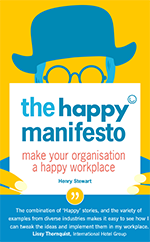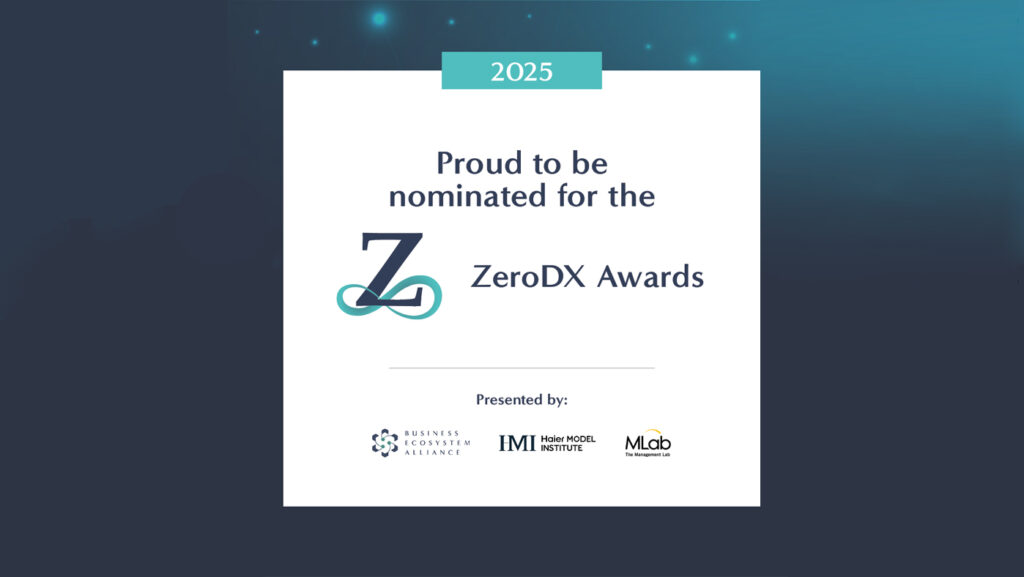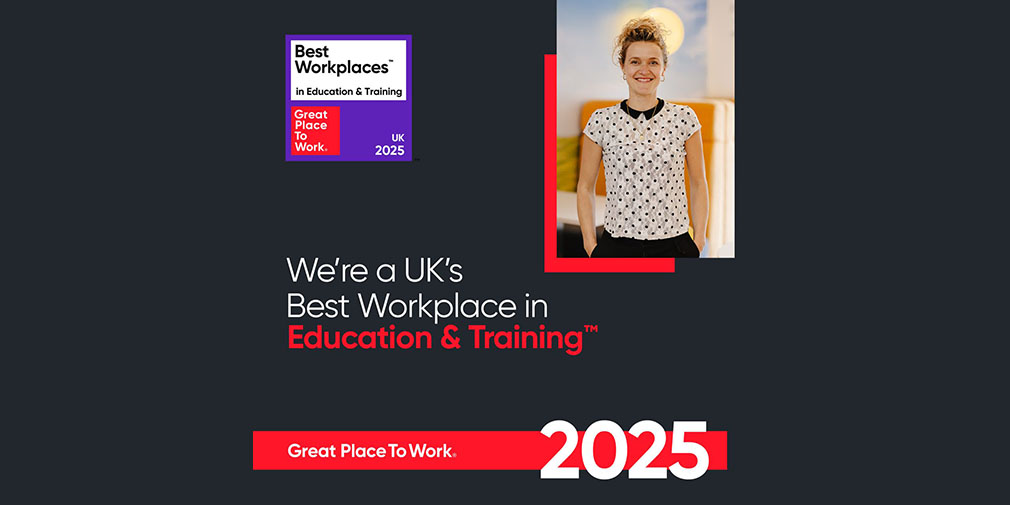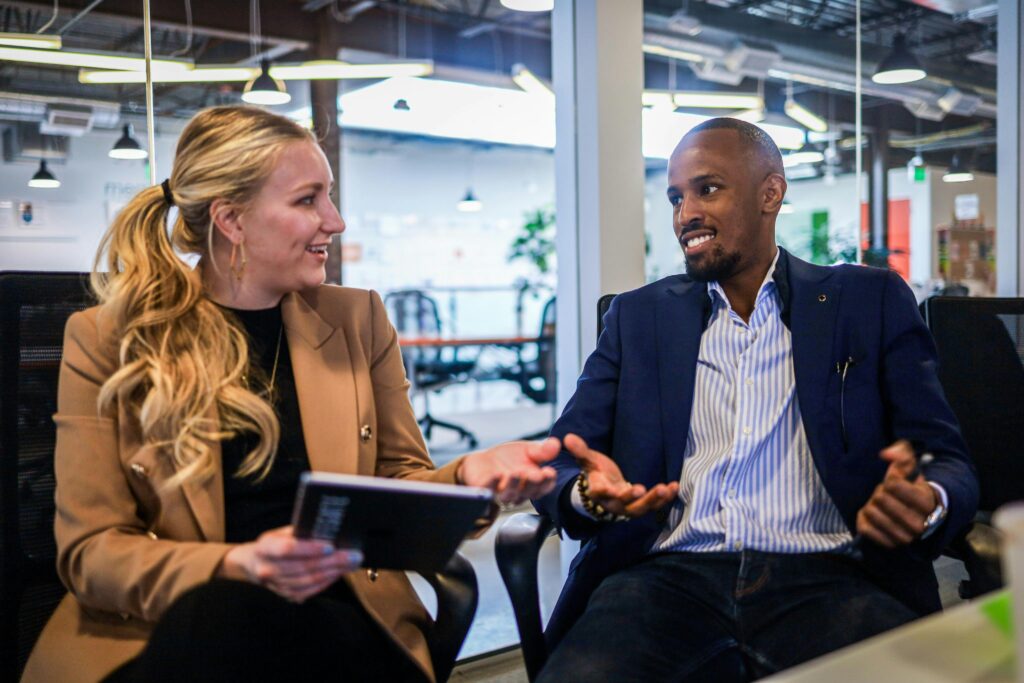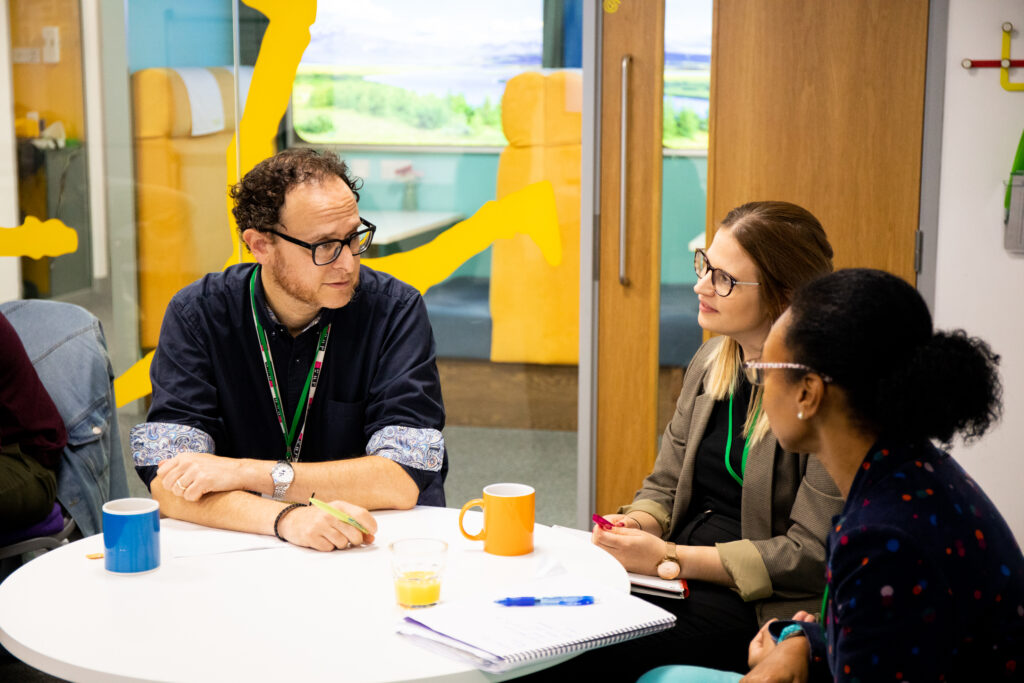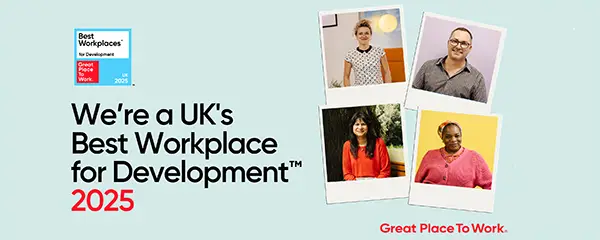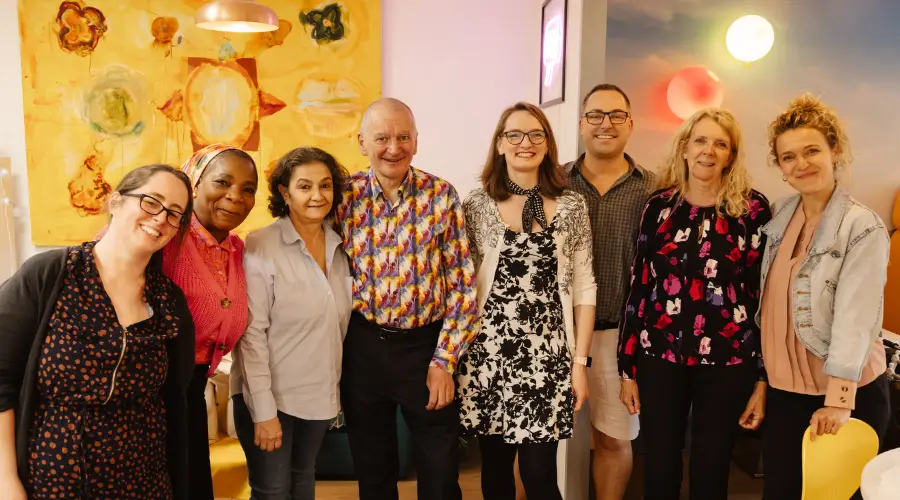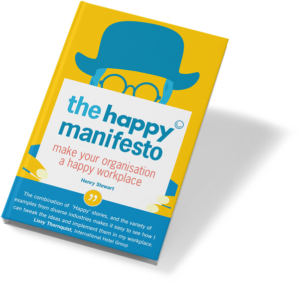There is a very interesting quote from Reed Hastings, founder of Netflix, about why this works:
“At most companies, the boss is there to approve or block the decisions of employees. This is a surefire way to limit innovation and slow down growth. When the boss steps out of the role of “decision approver,” the entire business speeds up and innovation increases.”
This mirrors the concept of pre-approval. This is the idea that you approve an idea before your people have come up with the solution. You give a clear framework and give them the freedom to make their own decisions.
Could this work in the public sector?
Here is one example from a local authority that we work with, the London Borough of Hounslow:
Previously decisions on funding for block-purchased placements and respite for adults with mental health, autism or a learning disability needed to go to a forum for approval.
This was a lengthy and time-consuming process.
Helen Taylor, who is on our Level 7 Senior Leaders programme, decided to delegate authority to her team managers to make placement decisions about block placements and respite without needing a panel or her intervention, to a cost of up to £100k per annum.
Helen keeps this under review (as she is required to do) and to date, has not come across a single decision she would consider misplaced. This is an excellent example of how you can speed things up, and reduce costs by trusting your people to deliver.
Nicky Bartholemew, again from Hounslow Council, is also on our Level 7 programme. She has pre-approved her team to plan, budget and communicate LBH’s contribution to National Carer’s Week, a major national event.
Previously, Nicky approved all plans, budgets, publicity etc. and described herself as a bottleneck leading to unnecessary delays. The team has stepped up and delivered a really good event.
An example from UK intelligence
Another public sector example came from GCHQ. Being one of the UK’s intelligence agencies, it needs to be at the forefront of technology. So a group of staff secured a £1 million budget from directors for innovation. They set up a crowdsourcing site, OneShot, where staff could post a request. It might be £500 for this idea or £8,000 for that piece of technology.
In most companies, the decision on who got the money would be made by senior managers or directors. At GCHQ they split the £1 million into 100 sets of £10,000 and gave that amount to the most junior members of staff to decide.
One person explained how they had an idea for a piece of technology that would vastly improve communications, but would cost £10,000. Previously it might have required 5 levels of approval and they probably wouldn’t have bothered.
But they put it up on OneShot, it was fully funded within a week and implemented within two weeks. The effect was to hugely increase the speed of decision-making, but also to change who made the decisions, to people closer to the front line.
If you are a manager, whether public sector or not, what could you do in your organisation to step out of the way and give your people more trust?
Related blogs
- 5 Questions With Simon Grosse of Foundation SP — The CEO of one of UK’s Best Workplaces in the small business category cites empowerment and helping employees reach their goals as one of the key factors to their success.
- Pre-Approval: What is it and why should you do it? — Claire talks through the process of Pre-Approval, what it is, and what can be achieved by applying it.
- Pre-Approval in Practice at TLC: Talk, Listen, Change — In this short video Michelle Hill talks about how the charity TLC: Talk, Listen, Change has used pre-approval in practice.
